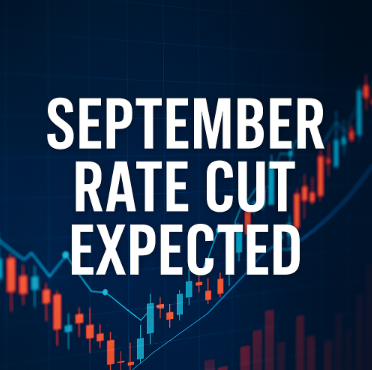Do you actually care about your tenants…or your wallet?
.png)
Before I jump into this topic, let me share my experience with you.
I was a Loan Originator & Residential Agent. A person who had to tell prospective buyers they were unable to buy a home due to lending requirements. Sometimes suggesting that someone continues to rent until they can afford a home.
I owned a 3rd property management company. I had direct contact with tenants when delivering the bad news about the ownership increasing their rent every year.
I am an owner of multifamily apartments in the market that I service. I, too, have had to make tough decisions about rental increases for my own tenants.
I am a commercial real estate agent. My goal is to not only speak to the current operations but help Sellers and Buyers achieve the returns they are seeking through improved operations. Usually, top-line revenue is more controllable, which references rental increases.
I have been in this business for a long time and have dealt with this topic at many stages of my career. From all sides.
Here is my stance on rental increases…It depends.
Multifamily has seen such an increase in overall rent increases year after year. In the peak of the market, 2019-2022, we saw double-digit rent increases with a peak of 11.5%. That suggests that you could increase your tenant’s rent substantially without doing anything to improve the property.
Tenants are absorbing the increase in rents but by how much?
According to the Bureau of Labor Statistics, the average hourly wage for all employees on private nonfarm payrolls increased to 11.4% from January 2016 to January 2021. It's important to note that wage growth varies depending on several factors, such as occupation, location, education, and experience.
IS INFLATION REAL? Yes, it really is…
Everyone is trying to improve their returns, but with average payrolls increasing, the overall cost of business has increased substantially as well. These expenses include…
- Property Tax %
- Insurance Premiums
- Payroll Taxes
- Material Costs
- Labor Costs
Well, How much should I increase my rent?
It is important to understand your tenant demographic. As I mentioned before, different tenants in different income brackets saw various rent increases, and it's crucial to understand this important fact. In Virginia, the Federal Minimum wage was changed from $7.25% to $9 in 2020. In 2021, It was increased to $9.50. This month (January 2023), it was increased to $11 per hour and trending upward to $15 per hour in the next few years.
During the height of the double-digit rent increase, the tenant who was disproportionately affected the most by these rent increases saw the least amount of wage growth. For example, if my rent was $650 and it was increased to $724.75 (11.5% increase). That is an extra $897 worth of annual expenses I would need to account for. With an annual income of, before taxes, $19,760 ($9.50 per hour), that rent payment is 44% of my yearly income. That yearly income assumes I work 40 hours weekly for 52 weeks, with no days off. That does not include rising food costs, rising utilities, cell phones, cable, and other routine expenses. These prices leave no room for error as a tenant. One missed shift, or sick day, or simply life happening...means cutting corners on other essential expenses just to live.
So, what is fair?
I think that most owners do the right thing. It is important to note that increasing rental rates too fast or too high can be unethical and illegal. Therefore, property owners and managers must balance increasing rental rates to cover their expenses and maintaining affordability for tenants. This can involve finding ways to reduce operations costs, such as implementing energy-efficient measures or re-negotiating lower rates with vendors.
“I have a business to run” is a common phrase used in a capitalistic market, but also, people need a good place to live that they can actually afford if you want them to pay their rent consistently. Find the balance, and everyone can prosper.




%20new.jpg%20(1).jpeg)





